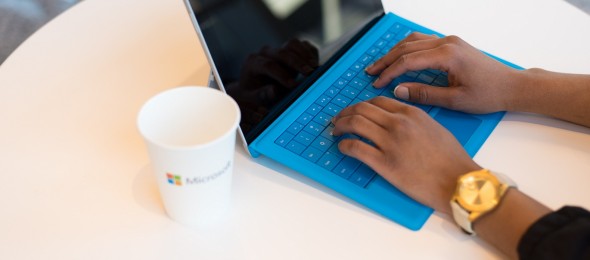The National Academy of Distinguished Neutrals (“NADN”) recently conducted a survey of litigators titled “The Customer Is Always Right(?)”. The September 2020 survey asked litigators across the United States about their online dispute resolution (“ODR”) experiences and preferences. Of the 500 litigators who responded, only two percent of respondents participated in a remote mediation or arbitration via videoconferencing software such as Zoom prior to March 2020. By September 2020, however, nearly 95 percent of survey respondents were primarily participating in such meetings online.
Over two-thirds of litigators who responded to the NADN survey felt their ability to effectively advocate for clients online was about the same when compared with in-person mediations. Still, a little more than one-fourth of respondents indicated their ability advocate effectively was worse when using videoconferencing software and about four percent said they were better remote advocates. Criticism of online mediation included concerns over missed nonverbal cues, software issues, and an inability to engage in informal communication with opposing counsel.
Interestingly, 72 percent of litigators felt mediators were just as effective in resolving disputes online versus in-person. 25 percent of survey respondents disagreed, however, and three percent stated mediators were more effective when working remotely. Those litigators who felt mediators were less effective online cited hurdles such as difficulty building rapport, participants who were not as invested in the process, and the inability to communicate informally with opposing counsel.
About two-thirds of NADN survey respondents stated they would likely use ODR once the COVID-19 pandemic is over. Meanwhile, about 22 percent indicated they were unlikely to participate in remote dispute resolution in the future and 12 percent were undecided. Of those litigators who would consider remote mediations or arbitrations post-pandemic, about 75 percent felt a majority of their dispute resolution cases would be conducted online. Perceived advantages of ODR included convenience, fewer travel costs, less wasted time, and feeling comfortable using videoconferencing software such as Zoom.
The NADN’s “The Customer Is Always Right(?)” survey is the first of its kind to seek feedback from litigators who have participated in the ODR process. The survey offers valuable insight on potential process improvements for both neutrals and ODR participants. The NADN survey also indicates many of the perceived drawbacks cited by survey respondents, such as how to develop rapport or make time for informal conversations with opposing counsel, may be addressed with a little creativity and planning.
A PowerPoint document with more information on the NADN’s “The Customer Is Always Right(?)” survey may be downloaded here.
Photo by: Christina @ wocintechchat.com on Unsplash














